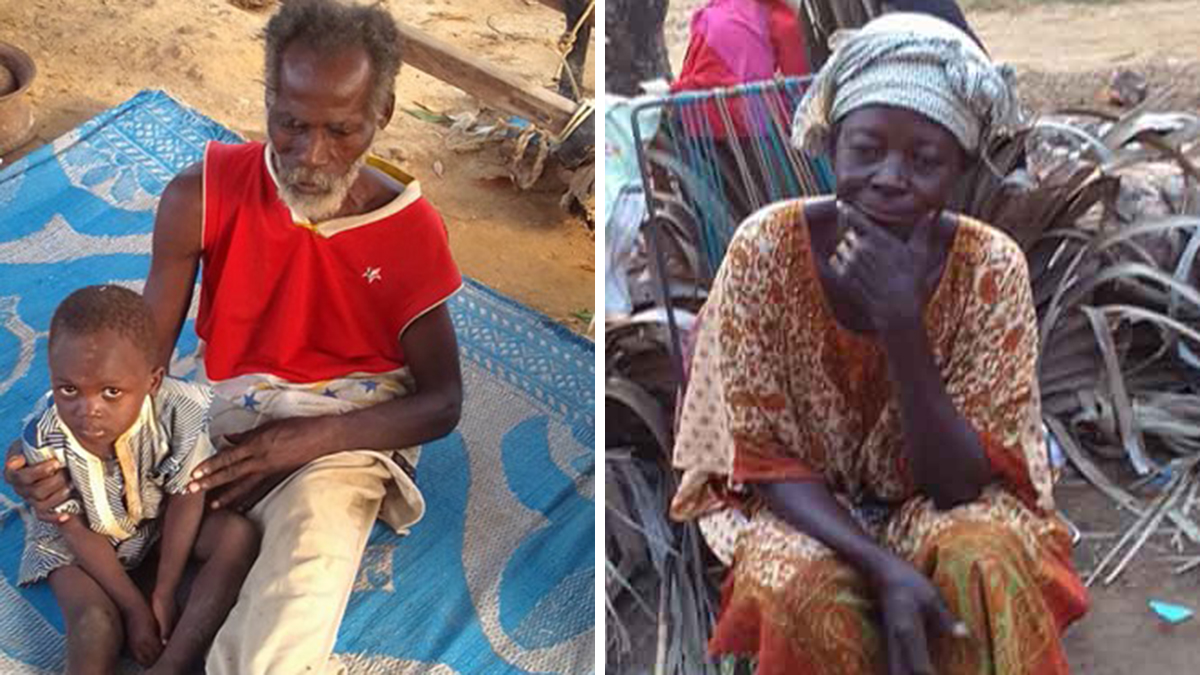[ad_1]
Islamist militants prevent farmers from harvesting their rice fields, burn the fields and attack farmers when they try to harvest them.
The security situation in Mali has deteriorated further in recent months. The increasing violence affects the rural population in particular, because the jihadists prevent the farmers from harvesting their rice fields, burn the fields and attack farmers when they try to harvest them.
According to the International Catholic Pastoral Care and Pontifical Foundation Helping the Church in Need (ACN International) From local sources (which ACN cannot disclose for their own security), the terrorists are using hunger as a weapon to force the rural population to either join their ranks or to give up their land to be occupied by the extremists. Those who have already harvested their rice fields will be prevented from postponing the harvest, and those who refuse to obey the orders of the extremists will have their fields burned down and risk being murdered as well.
The situation is particularly unstable in the Ségou region in central Mali, where there is fighting between the local community militia and the self-defense group of the Donso hunters on the one hand and the invading jihadist terrorists on the other. In addition, local sources speak of the existence of a third group of armed bandits who are difficult to identify but are neither jihadists nor Donso hunters.
The threatened Christian population
Although terrorism affects the population as a whole, the situation of Christians scattered across the region’s cities and towns is particularly worrying. “There are villages where it is impossible to celebrate Holy Mass. Believers need to be very careful in how they practice their faith. Even where they are not the direct target of physical attack, they are verbally attacked during the sermons of some imams who share the jihadist ideology. And there are also often direct personal threats, such as anonymous threatening phone calls. All of this leads to psychosis within Christian communities, â€a source who is in direct contact with believers told ACN.
It is not surprising that the pastoral care of the church is also affected by the situation of violence and the jihadist attacks. “The freedom of movement is very limited. In the past, the priests could spend the night in the villages; but today that is no longer possible, â€confirmed the same source.
The jihadists are trying to enforce Sharia law
“The jihadists act in the name of religion. Everything that does not conform to one’s own ideology suffers from this. That’s why there are so many refugees, â€explains the ACN contact. Even if the conflict is not a purely religious one, “it is impossible to deny that it is about religion†as “the desire to enforce Islamic Sharia law is evidence that the jihadists, especially the the Katiba Macina, work for yourself â€. the expansion of a radical Islam that many other Muslims do not share, â€the source continued.
The jihadist group Katiba Macina is associated with other extremist groups such as Al-Qaida in the Islamic Maghreb (AQIM) and is active in central Mali.
The refugee crisis
According to the latest UNHCR figures, the number of internally displaced Malians had already exceeded 400,000 at the end of September 2021. In the first half of the year alone, almost 90,000 people were on the run. The refugees include both Muslims and Christians, with the number of Muslims far exceeding that of Christians as almost 90% (88.7%) of Mali’s population are Muslim.
Often powerless in the face of the sheer scale of the humanitarian crisis and its own lack of resources, the Catholic Church strives to help all those in need – be they Christians, Muslims or followers of ancient African religions. Thanks to the help of ACN International, the local church has started an aid project to provide food and medical aid to refugees and the most vulnerable families in 12 different centers in the Segou region of central Mali.
This article was first published by Aid to the Church in Need and is republished here with permission. To learn more about ACN’s mission to help the Church in suffering, visit www.churchinneed.org(from the USA) and www.acninternational.org (outside the USA).
[ad_2]

